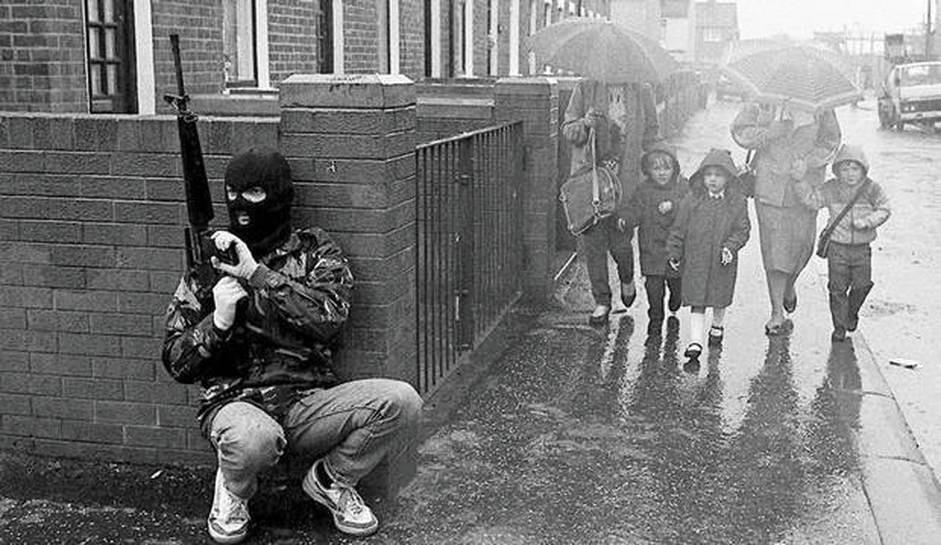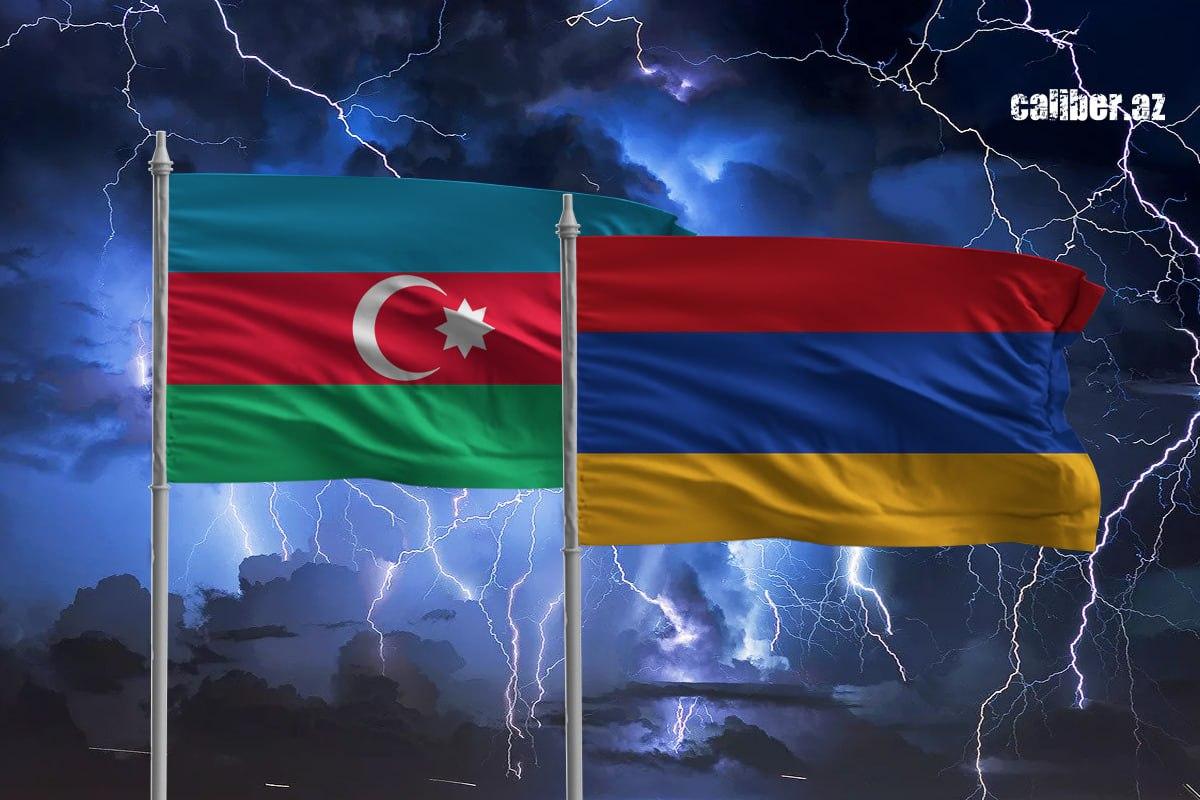Belfast Agreement serves as model for Armenia-Azerbaijan peace talks Drawing parallels
Former UK Ambassador to Azerbaijan, James Sharp, expressed his opinion on social network X (formerly Twitter), suggesting that Azerbaijan could reasonably demand Armenia to relinquish its territorial claims by amending the country's constitution. Sharp cited the example of Ireland in 1998, specifically referencing the amendment to the constitution as part of the Belfast Agreement.
In his turn, Farid Shafiyev, Chairman of the Center of Analysis of International Relations (AIR Center), expressed gratitude to the British diplomat for his perspective, noting the importance of such an approach in his response post.
The Belfast Agreement is a document on the political settlement of the conflict in Northern Ireland, concluded on April 10, 1998. The Irish Constitution was amended in relation to territorial claims to Northern Ireland, which is part of the United Kingdom.
In order to understand how the Belfast Agreement can help Yerevan give up its territorial claims to Azerbaijan, Caliber.Az correspondent turned to the AIR Center Chair Farid Shafiyev.

- Why did you consider the Belfast Agreement mentioned by the British diplomat to be extremely important as an analogy for resolving the disputes between Baku and Yerevan?
- Because it is the most universal as an example. At the moment, though, the biggest problem that the diplomat touched upon is Yerevan's opinion and its recent statement that the whole debate on amending the Armenian constitution is solely an internal matter of Armenia. Simply put - don't advise us, it is up to us to decide.
But Baku is worried for a reason: experience shows that any international agreement can be canceled by the country's Constitutional Court or its parliament - such cases have already happened in international practice. Therefore, this is a matter of both national and international law, not an internal Armenian affair, especially if we take into account that our countries are now working on a peace treaty.
By the way, at one time Robert Kocharian was elected president of Armenia despite the fact that he did not have a five-year residency requirement. To circumvent this condition, the Constitutional Court of Armenia counted his residence in Karabakh as “residence on the territory of Armenia”. Therefore, the issue of changing the Constitution of Armenia must be resolved at the highest level, and it is certainly impossible to limit ourselves to half measures.
- How can Azerbaijan use the precedent of the Belfast Agreement?
- The Belfast Agreement, also known as the Good Friday Agreement, is perhaps the most convincing precedent in this context. It was concluded relatively recently, in 1998, so it is a rather recent precedent from the European experience, which some of our partners, especially friends of Armenia, often like to refer to. Please, here is a real example from the very heart of Europe, where the Constitution of the Republic of Ireland, namely Articles 2 and 3, contained claims to Northern Ireland, which is a part of Great Britain. These contradictions led to years of bloody conflict, terrorist attacks by Irish separatists in Britain, one of which nearly killed British Prime Minister Margaret Thatcher. But under the 1998 Belfast Agreement, Ireland promised to amend its constitution and recognize Britain's full sovereignty over Northern Ireland. This was eventually done, and the bloodshed in the region stopped.

- Don't you think that behind the referendum on changing the Constitution of Armenia there are serious concerns of Pashinyan, despite his obvious understanding of the importance of this issue? Will he be able to take such a step and how can Azerbaijan influence this process?
- Yes, some Armenian analysts agree on one thing: Pashinyan's situation is very difficult, and if he now goes to amend the country's constitution, it is fraught with negative consequences for him. Therefore, there are several other options - for example, a reference in the peace treaty to Armenia's obligations to change the constitution is likely. Armenians, for example, promise that there will be an article in the peace treaty stating that reference to domestic legislation cannot be the basis for non-compliance with the treaty. But this is also not enough.
There are many pitfalls here, and, for example, the Constitutional Court of Armenia may revoke the treaty in five to ten years. Therefore, the process should preferably be carried out before the signing of the peace treaty or there should be a clear timeline that, for example, a year after the signing of the peace treaty, the Armenian constitution should be amended.
But the latter approach is my personal assumption. And not going for any change of the constitution simply because, you see, it is dangerous for Pashinyan - this is not an argument. Such a passage, in fact, means that Armenia is not ready for peace. But it is not only us who need peace, all countries in the region need peace, and Azerbaijan is not taking the initiative unilaterally, otherwise there is no sense in it.

- Are we to believe that James Sharp's reaction and post suggest that the UK can provide us with some more separate diplomatic and political support, to influence behind the scenes the opinions of European countries or Yerevan's decision in this matter, to remove barriers to signing a peace treaty? Can we count on that?
-No, I do not think that Britain will show any eagerness and act as a mediator, here we are talking primarily about European experience in this issue. Especially since the bloody part of the conflict ended after the signing of the Belfast Agreement. In the future, after the signing of the peace treaty, it will be possible to use the experience of one or another European country in reconciling peoples.
But I can note that the AIR Center conducted training on this issue with the help of European partners. On the experience of Northern Ireland we studied the situation and the search for a solution, an expert from Great Britain took part in the event especially for this purpose. So the AIR Center can professionally assist in this matter.








